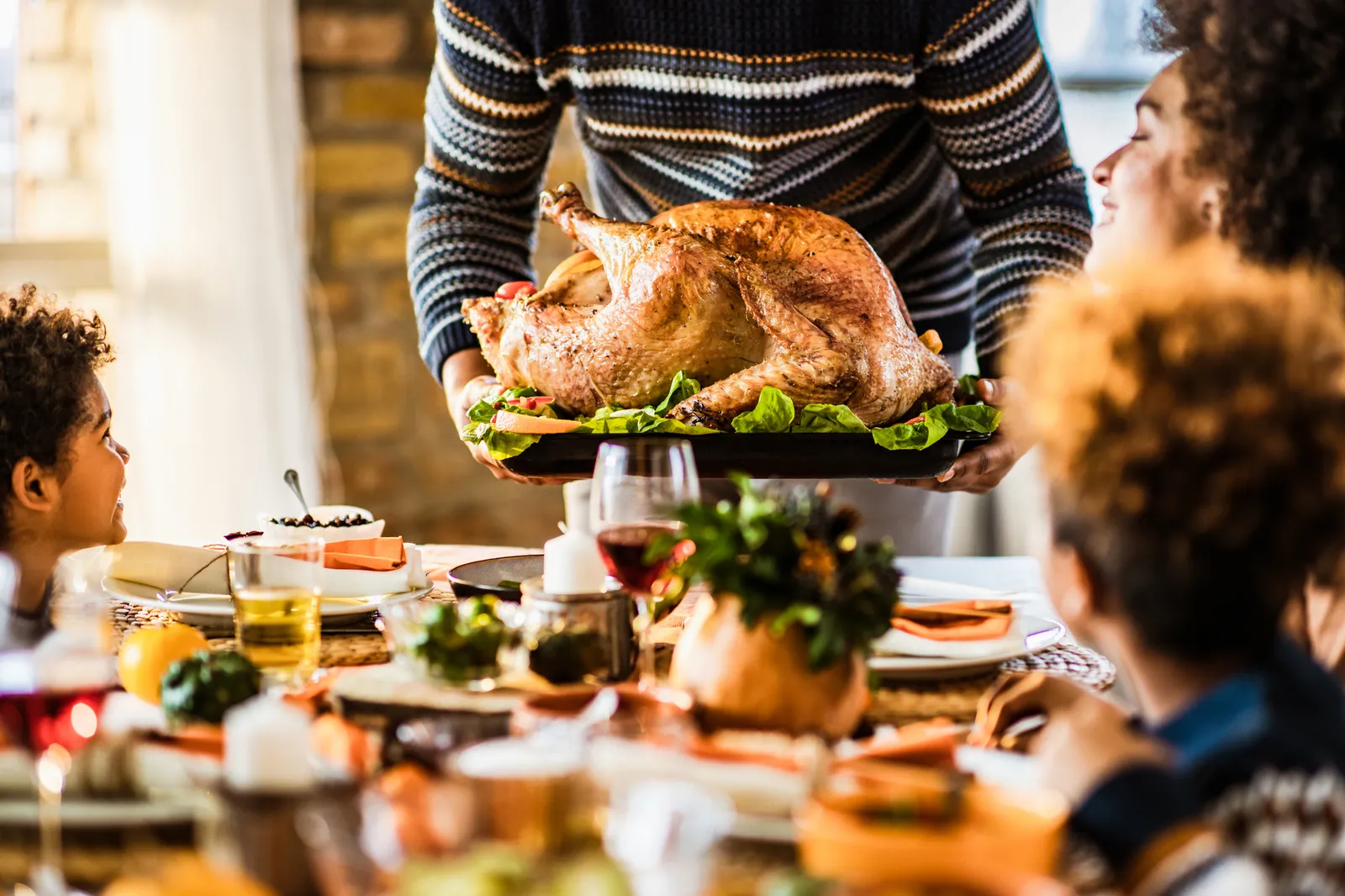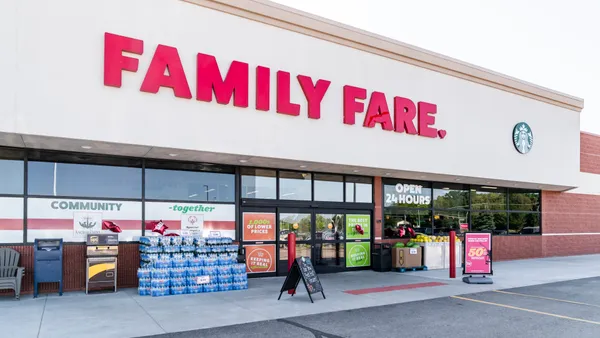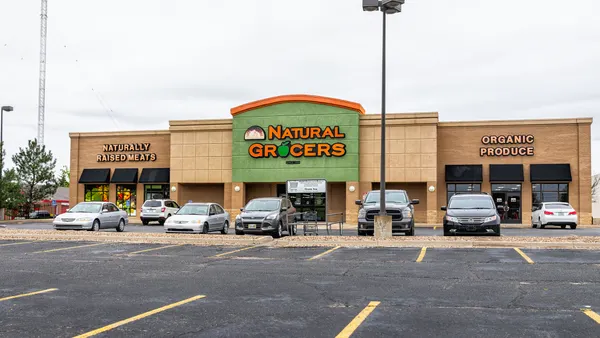Thanksgiving may be a holiday focused on food, but with inflation continuing to rise, irregularities with supply chains and a turkey shortage looming, consumers are having to find creative ways to reduce spending and ensure their holiday traditions— and dishes — make it to the table.
Here are five key trends that are unfolding as Turkey Day approaches.
Shopping sooner & shopping sales
In an effort to deal with inflation and potential food shortages, consumers will look to start their holiday grocery shopping earlier and utilize discounts, IRI’s Thanksgiving Tracker 2022 reported. Eighteen percent of shoppers in IRI’s survey stated they will likely begin shopping earlier, with 33% “looking for deals on Thanksgiving meal items before the holiday week, and make spot purchases of specific items as they see them go on sale or if they have a coupon,” the report stated.
Grocers are also trying to help shoppers with inflation as the survey reported a significant lift in sales in preparation for Thanksgiving.
Turkey is at the top of the list to be purchased as soon as it becomes available. According to a survey conducted last month by Morning Consult, half of Thanksgiving hosts planned to buy their turkey between late October and early November this year. In addition, 11% percent of surveyed shoppers indicated they planned to purchase their Thanksgiving turkey during the week before the actual holiday this year, compared with 29% who said they planned to buy a turkey only a few days ahead of time in 2021, Morning Consult reported.
The pressing need among consumer to buy their Thanksgiving turkey so far in advance is part of a two-fold issue, the first being inflation. Compared to last year, turkey is predicted to cost 23% more this year, as reported by Food Dive. An outbreak of avian influenza has wiped out 2.5% of the annual turkey population this year, tightening the supply of the bird.
Turkey Day will still include turkey
Despite supply chain and inflation concerns, turkey is still highly sought after by shoppers and demand has not wavered. In August, Butterball released its 2022 Thanksgiving Outlook Report, which found that 85% of hosts planned to build their Thanksgiving meal around turkey and 90% intended to buy a turkey at least as large as the one they purchased last year.
Morning Consult’s survey did find that “3 in 4 of those purchasing a turkey plan to buy one on sale” while other shoppers will opt for a smaller turkey in order to save money. That said, more than half (59%) of consumers said they are not willing to consider only purchasing parts of the turkey because an “entire turkey as a Thanksgiving centerpiece is too important a tradition for many to break,” Morning Consult noted.

Willingness to pay more
While more shoppers say they are taking extra steps to try to save money compared with previous years, most consumers are still ready and willing to pay more.
Thirty-eight percent of consumers expect they will be paying higher prices on groceries for this Thanksgiving, but still plan to purchase the same amount of items, per IRI.
Millennials and members of Gen Z have picked up the task of hosting
Members of all generations are looking for ways to save this holiday season, but Gen Zers and millennials are hosting the biggest parties while still making adjustments.
IRI reported that the average Thanksgiving celebration involves around 7.4 people, but for Gen Z and millennials, that number has jumped to 9.8.
Morning Consult also broke down how people plan to approach Thanksgiving food shopping. Among millennials, 69% said they are looking for alternative lower costs, 59% reported they are reducing regular spending to spend more on Thanksgiving, 54% are buying fewer foods and ingredients, and 50% plan to serve fewer dishes or purchase items with a credit card.
Inflation has bumped COVID as shoppers’ biggest concern
The Food Industry Association’s (FMI) Holiday Shopping Trends report saw the number of respondents “very or extremely worried” about COVID-19 drop from 48% in August to 38% in October. In addition, inflation and supply chain irregularities are key concerns with shoppers, according to IRI.
But in a sign that shoppers don’t want those worries to stand in the way of their enjoyment of Thanksgiving this year, 76% of respondents to IRI’s survey said they intend to celebrate the holiday the way they did prior to the pandemic.














